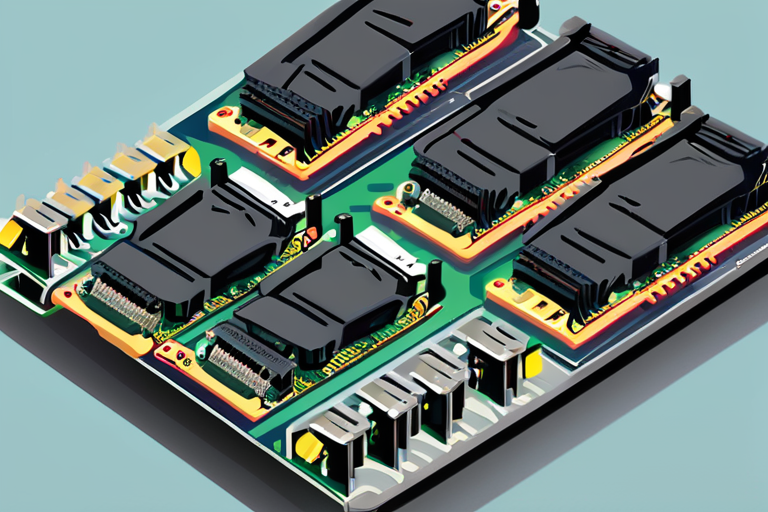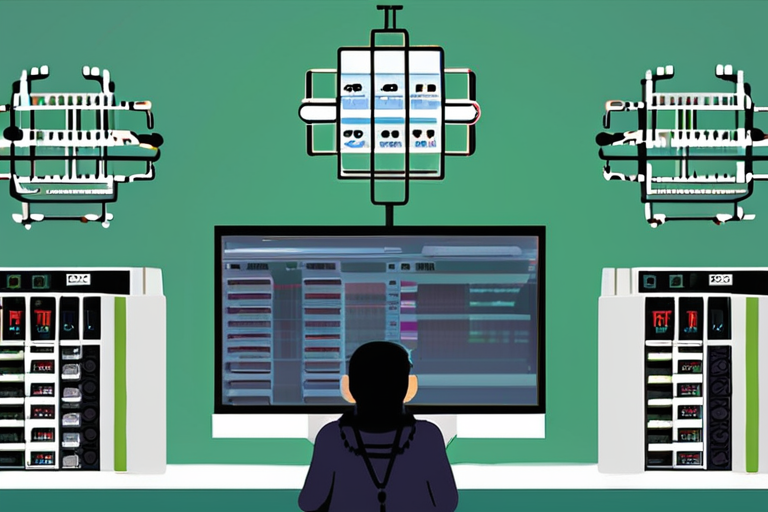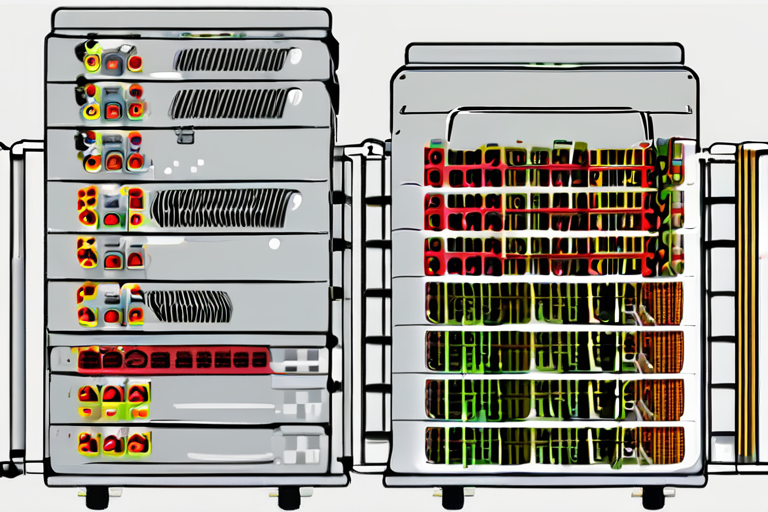Linux Laptops Exposed: 200,000+ Framework Devices Vulnerable to Secure Boot Bypass Attacks


Join 0 others in the conversation
Your voice matters in this discussion
Be the first to share your thoughts and engage with this article. Your perspective matters!
Discover articles from our community

 Hoppi
Hoppi

 Hoppi
Hoppi

 Hoppi
Hoppi

 Hoppi
Hoppi

 Hoppi
Hoppi

 Hoppi
Hoppi

Global Server Security Threat: Unremovable Malware Found on Supermicro Motherboards A critical vulnerability has been discovered in server motherboards sold …

Hoppi

Global Server Security Threat: Supermicro Motherboards Vulnerable to Unremovable Malware A critical vulnerability has been discovered in server motherboards sold …

Hoppi

As Many as 2 Million Cisco Devices Affected by Actively Exploited Zero-Day A critical vulnerability affecting up to 2 million …

Hoppi

Global Server Security Crisis: Supermicro Motherboards Found to be Vulnerable to Unremovable Malware A critical security vulnerability has been discovered …

Hoppi

Intel and AMD Trusted Enclaves Fall to Physical Attacks In a significant blow to network security, researchers have independently published …

Hoppi

Intel and AMD Trusted Enclaves Fall to Physical Attacks In a significant blow to network security, researchers have independently published …

Hoppi